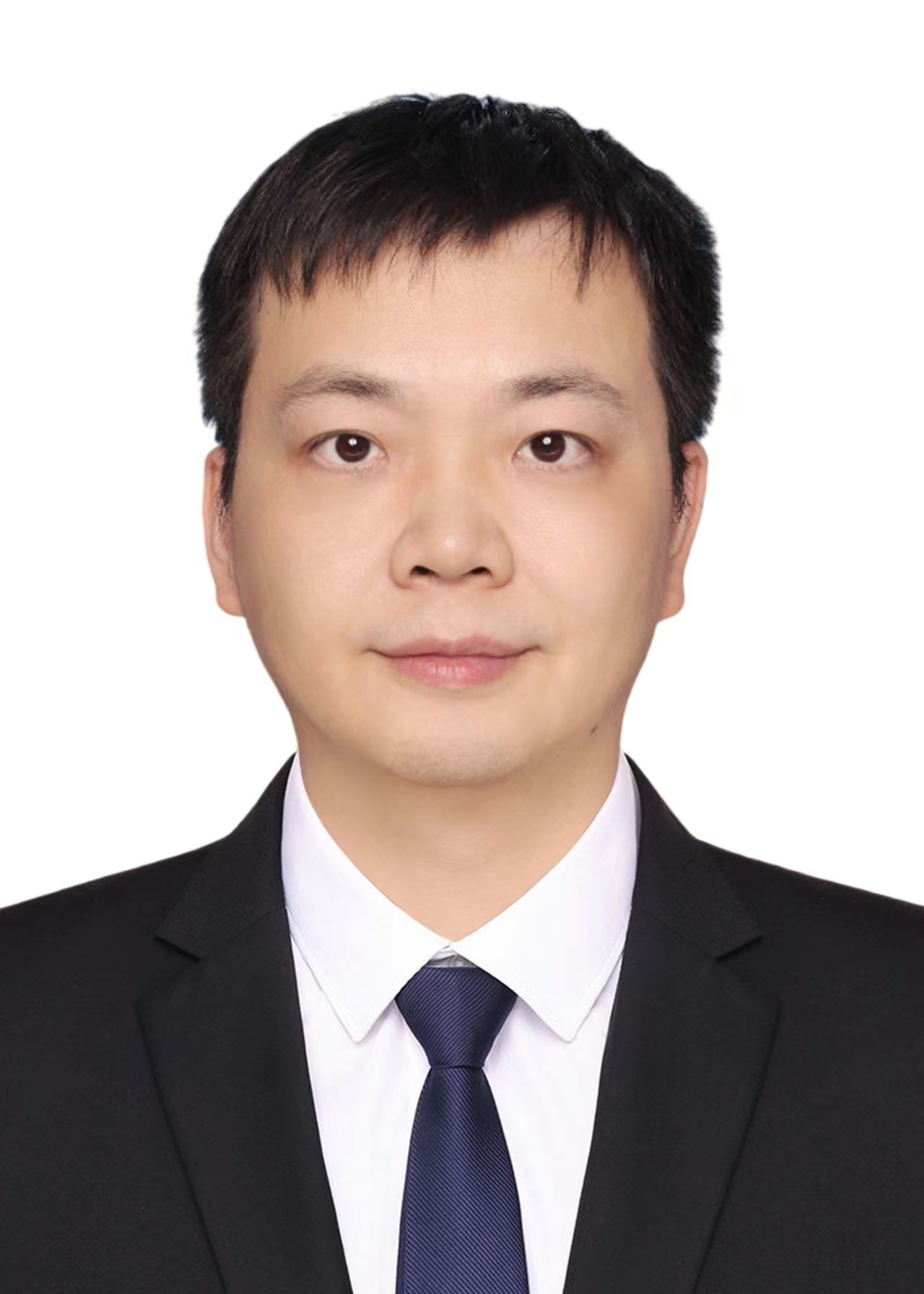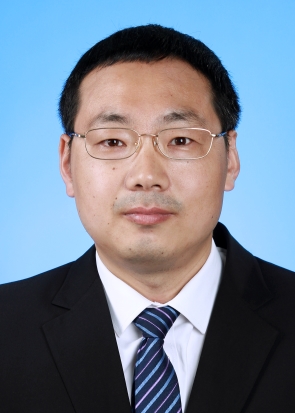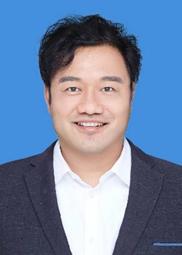
Session 1: 2024 International Conference on Intelligent Vision and Data modeling (ICIVD 2024) |
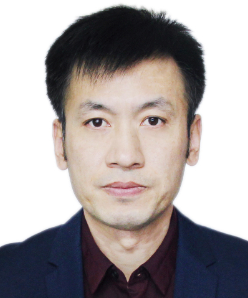 | Prof. Bin Liu Dalian University of Technology, China Liu Bin, Professor, doctoral supervisor, Director of Department of Digital Media Technology, double professor of Affiliated Cancer Hospital of Dalian University of Technology, visiting professor of Ritsumeikan University, Director and technical director of Liaoning Provincial Key Laboratory of Medical Simulation Technology, Dalian high-end talent, member of GF Project Review Panel, CCF Member of China Computer Society, ACM Member of American Computer Society, MICCAI members, Standing member of the Neurological Regeneration and Repair Committee of the Chinese Society of Research Hospitals, Member of the 3D Printing Technology Branch of the Chinese Medical Biotechnology Association, standing director of the Liaoning Anti-Cancer Association, Deputy director of the bone Tumor and Cytology Research Committee of the Liaoning Cell Biology Society, Vice Chairman of the Special Committee of Reconstructive Surgery and Digital Technology of Liaoning Cell Biology Society, standing director of the special Committee of Advanced medico-industrial Fusion technology of Liaoning Cell Biology Society. 2018-2019 Visiting Scholar Joint research at the National University of Singapore. His research interests include computer vision and graphic image, medical image processing and 3D reconstruction, computer-aided preoperative planning and simulation. He presided over 4 projects of the National Natural Science Foundation and more than 10 projects entrusted by provincial and ministerial levels. He has published more than 50 papers in international journals as the first author/corresponding author, and the first author has authorized more than 30 national invention patents and more than 40 software Copyrights. Guided undergraduate/graduate students to win more than 30 gold and silver awards in national and provincial "Challenge Cup", "Internet +" and other competitions. Title:Personalized Computer-Assisted Medicine Based on Graphics and Image Processing Abstract:We explore the integration of advanced graphics and image processing techniques into personalized medicine. This approach leverages computational methods to analyze medical images, such as MRI and CT scans, to tailor treatment plans to individual patients. By identifying unique biomarkers and patterns, the technology can predict disease progression and response to therapies more accurately. The study emphasizes the importance of high-resolution imaging and machine learning algorithms in enhancing diagnostic accuracy and guiding precision medicine. The research highlights the potential of this interdisciplinary field to revolutionize patient care by providing more effective and targeted medical interventions. |
| Prof. Yunchao Tang Dongguan University of Technology, China Prof. Yunchao Tang is a Professor and PhD Supervisor at Dongguan University of Technology. He has been recognized among Elsevier's World Top 2% Scientists (2021 & 2022) and featured on CCTV-10's "Innovation in Progress". His research focuses on robotics, computer vision, and intelligent construction. In the past five years, he has published over 40 SCI papers as first/corresponding author, including 9 ESI Hot Papers and 17 ESI Highly Cited Papers (h-index: 42). He has led 6 national/provincial projects and over 20 municipal/enterprise projects. His achievements include First Prize of Guangdong Province Measurement Control and Instrumentation Science and Technology Award, and participation in several other prestigious awards. He serves as Associate Editor/Editorial Board Member for 6 SCI journals, Editorial Board Member of Journal of System Simulation (China T1), and holds key positions in multiple academic societies including the Asian Concrete Federation AI Committee and China Society for System Simulation. Title:Key Visual Technologies for Structural Damage Recognition Robots Abstract: Continuous cracking and damage can weaken the performance of structures such as bridges, dams, and concrete buildings. Therefore, research on automated, high-precision crack detection methods remains crucial in the field of structural health monitoring. Currently, scholars mainly rely on 2D image-based algorithms for crack detection. However, these methods often struggle to accurately locate the 3D coordinates of cracks on large structures and to extract their 3D profiles. To address this challenge, this study introduces an automated 3D crack detection system that integrates high-precision LiDAR and camera fusion. Initially, accurate external calibration of sensors allows for precise registration between images and LiDAR point clouds. Subsequently, a lightweight MobileNetV2_DeepLabV3 semantic segmentation network is employed for crack detection and localization. Finally, by automatically guiding the robot arm, an industry-standard depth camera captures high-precision 3D information of cracks at close observation points. Compared to existing research, this study emphasizes the extraction of high-precision 3D crack features and validates the effectiveness of the method by comparing measurement results with traditional methods, demonstrating significant measurement accuracy (sub-millimeter level). Moreover, the research introduces a comprehensive hardware platform and algorithm framework, providing pioneering theoretical methods and replicable equipment references for automated monitoring systems focused on structural health. |
Session 2: 2024 International Symposium on Power Vision and Information Security(ISPVIS 2024) |
| Prof. Hongjiang Wang Shenyang Institute of Engineering, China Wang Hongjiang, Professor, Master 's tutor, Liaoning Province famous teacher, Shenyang top-notch talent, senior member of the Chinese Computer Association, member of the Editorial Board of the Journal of Shenyang Institute of Engineering. Mainly engaged in the field of power computer vision technology research. Provincial first-class professional leader of computer science and technology. Since participating in the work, he has presided over or participated in 10 vertical topics and 8 horizontal topics above the provincial level, creating more than 2 million yuan of economic benefits for the enterprise ; more than 20 papers were published, including 4 SCI articles and 4 EI articles. One provincial-level administrative report, 10 patents accepted and authorized ; guide students to obtain more than 20 innovative and entrepreneurial projects, and more than 10 provincial-level competitions ; three postgraduates have been trained. Title:Health diagnosis technology and application of photovoltaic power station based on big data and component chip Abstract:Through the in-depth study of the changes of current, voltage, ambient temperature, illumination and other parameters, a set of perfect health standard system of photovoltaic power station and voltage compensation mechanism which can improve the efficiency of power generation are put forward. Through the innovative use of multi-data fusion big data analysis of photovoltaic power station health diagnosis system, it can accurately classify and identify the hot spots, hidden cracks, abnormal aging, shadow occlusion and other faults of photovoltaic modules. The project has a wide market demand and is suitable for various distributed and centralized photovoltaic power stations, effectively avoiding the occurrence of photovoltaic power station fires. |
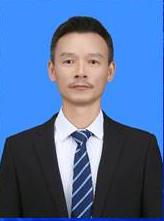 | Prof. Zhenliu Zhou Shenyang Institute of Engineering, China Zhou Zhenliu, doctor, professor, he obtained his doctor's degree from University of the Chinese Academy of Sciences,majored in computer network and security . He is one of hundred level talents of the "Hundred and Ten Thousand Talents Project" in Liaoning Province, one of the leading high-level talents in Shenyang. Now he is the director of Shenyang Key Laboratory of Energy Internet Intelligent Perception and Security Technology.He is a honorary member of the Youth Science and Technology Forum Shenyang Branch of the Chinese Computer Society, member of the Council of the National University Big Data Education Alliance, expert of Network Security Working Committee of Liaoning Internet Association, expert of Liaoning Network Security Industry Alliance, expert of classified protection review of Shenyang. He received 1 first prize and 1 second prize in science and technology from the General Office of the Communist Party of China Central Committee,1 second prize of Liaoning Provincial Defense Science and Technology Industry , 2 second prizes for teaching achievements in Liaoning Province. He published one academic monograph on "Computer Firmware Security Technology", obtained four technical invention patents, and published over 60 academic papers. Title:Network Security Situation Awareness and Defense of New Energy Power System Abstract:Security threats are analyzed in new energy power systems. The background, significance, and role on intelligent perception of network security are described. Then architecture, functional structure, key technologies, and development trends of network security situational awareness are discussed from the perspective of new technologies, forms, and applications about cyberspace. Finally,the main directions and progress of laboratory research work are introduced. |
| Prof. Feng Qi Shenyang Institute of Automation, Chinese Academy of Sciences, China Feng Qi is a professor of Terahertz Imaging and Sensing Laboratory, Liaoning Province. He obtained his Master and PhD degrees from the Katholieke Universiteit Leuven, Belgium in 2005 and 2011, respectively. Currently, he is the director of the Key Laboratory of Terahertz Imaging and Sensing, Liaoning Province, chairman of the academic committee of Key Laboratory of Microwave and RF Metamaterials, Guandong Province, member of the academic committee of the Key Laboratory of Terahertz Technology,Ministry of Educaiton, member of the academic committee of the CAS Key Laboratory of Optoelectronic Information Processing. His research interests include microwave, laser, radar, and acoustics. In recent years, he has been in charge of seven national projects, including key projects in the National Key Research and Development Projects, the National Natural Science Foundation of China, and international cooperation projects under the Ministry of Science and Technology. He has published more than 170 academic papers, delivered four keynote speeches at international conferences, and given over twenty invited talks at domestic and international meetings.He serves as an editorial board member of the journal Defence Technology. Title:Terahertz imaging sensing technology Abstract:Terahertz is the last spectrum to be developed, in the electromagnetic spectrum. Terahertz waves carry rich spectral information that corresponds to material composition. Moreover, it exhibits unique characteristics in imaging that distinguishes them from previous imaging technologies, offering a good compromise between penetration and resolution. This has brought new development opportunities to imaging technology. In this talk, I will introduce our team's scientific progress in recent years from three aspects: imaging theory, key components, and systems. It will cover applications related to transparent imaging for intelligent driving and non-destructive testing, as well as gas sensing technology. |
